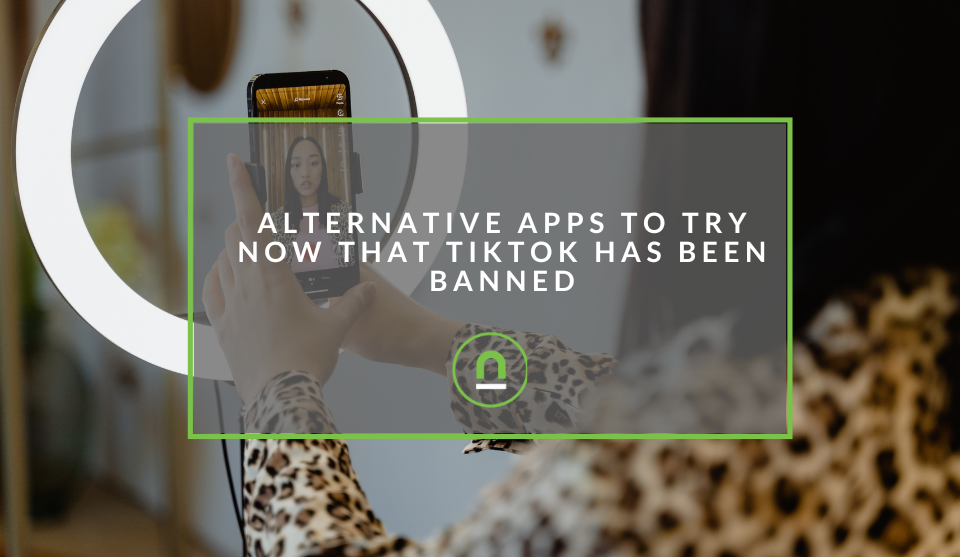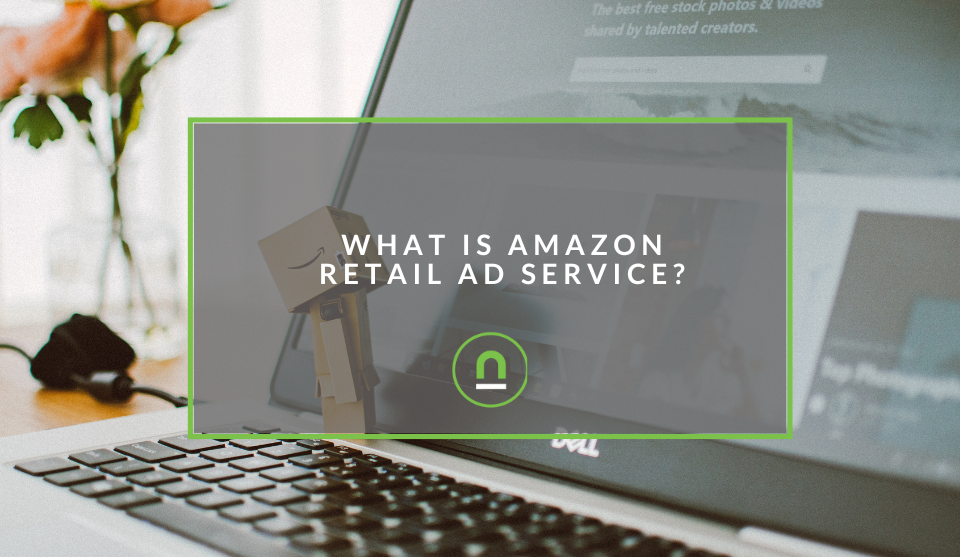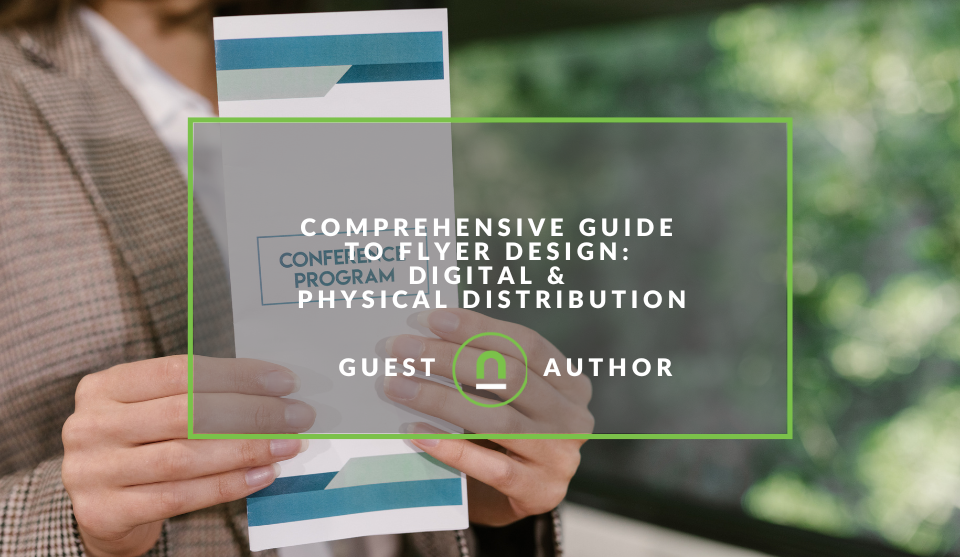Recent posts

nichemarket Advice
Alternative Apps To Try Now That TikTok Has Been Banned
19 January 2025

Industry Experts
Top Trends in Digital Signage for South African SMEs
15 January 2025

Industry Experts
Grow Your Profile With Cheap Instagram Followers
14 January 2025

nichemarket Advice
What Is Amazon Retail Advertising Service?
11 January 2025
Popular posts
Extravaganza
Trending Music Hashtags To Get Your Posts Noticed
24 August 2018
Geek Chic
How To Fix iPhone/iPad Only Charging In Certain Positions
05 July 2020
Extravaganza
Trending Wedding Hashtags To Get Your Posts Noticed
18 September 2018
Money Talks
How To Find Coupons & Vouchers Online In South Africa
28 March 2019
One-page websites: Why I Hate This Design Trend
12 March 2018 | 0 comments | Posted by Zanthe Martinuzzi in Industry Experts
Zanthe Martinuzzi is the digital marketing manager at Arc Interactive. Today she wants to tackle the current design trend of creating on page sites and takes us through the many shortcomings of having a one-page website
One-page websites (not to be confused with landing pages) are single-page HTML websites that uses bookmarks, anchor links on a page, JavaScript, jQuery, CSS3 or Ajax to accommodate all the information in a single, long web page, where the user can either scroll down to that section of the page or jump to that section upon clicking on the button (instead of navigating to several pages within the website). One-page websites, for the most part, are visually impactful and most of them are really beautifully crafted. They tend to work superbly on mobile and work very well for certain industries that focus on a single offering.
So why do I hate these types of websites?
While they work really well for certain industries, for me as a marketer, they do have some significant downfalls that limit their marketing potential, such as:
- They aren’t that great for SEO. The more pages a website has, the more you can optimise your on-page SEO as well as your off-page SEO strategies
- They aren’t great for incorporating a blog or newsfeed, which is again beneficial for your SEO
It allows for less content or more scrolling which can seem overwhelming or exasperating to the user
- They generally take longer to load since they’re more likely to have many very large images, making the page size generally larger
- Your analytics reports will be limited, and you won't be able to bring context to the info about your website and its visitors, what info is popular and what content causes visitors to leave etc.
- It’s hard to drive traffic to certain goal points and measure the success of each
- It limits the user, not allowing them to pick their own user-journey based on their specific interests
- Sharing specific content on your website becomes more difficult as you only have one URL
- It’s not easy to apply retargeting
- If you have a search campaign enabled, single page sites will generally result in a lower quality score
- You can’t really run an e-commerce site effectively
- Making regular updates becomes tricky, and scalability becomes difficult, quite often requiring a redesign of your site
Note: One-page websites are also notorious for having tracking issues with Google analytics since the platform works on a page view model. To overcome these issues and effectively track a one-page site you may want to check out the following posts
One page doesn't always cut it
In conclusion, multi-page websites will probably give you the best results but aren’t for everyone in every industry. One-page websites can certainly be executed well and can be both simple and powerful, working especially well for small companies and websites that concentrate on few products or services. At the end of the day, it comes down to what works better for you and your offering, your unique marketing efforts and, most importantly, your website visitor. For more information on user experience or if you want to find out what Zanthe is up to visit:
Or follow Arc Interactive on:
About the author
Zanthe is a former designer, and HTML web developer turned digital marketer based in Johannesburg with an acute eye for detail and a creative spark, she decided to pursue a career in graphic design. After qualifying, she worked as a designer and developer for a few years and then began studying marketing whereafter she found her niche in digital marketing.
Zanthe has since been doing digital marketing work on some big brands such as ABSA, Russell Hobbs, Danone Brands, as well as non-profit organisations and now works as the Digital Marketing Manager at Arc Interactive based in Johannesburg. When she isn't glued to her computer screen - blogging or making the digital connection between her clients and their customers, she spends time playing with her two cats, stays active, keeps her finger on the pulse regarding the latest trends in fashion and food, and tries hard not to be the worlds worst tennis player.
You might also like
Why Is There A Surge in Bitcoin Adoption in South Africa
24 December 2024
Posted by Josh Welman in Money Talks
A look at the growing demand for Bitcoin in South Africa, why the country's citizens have taken a liking to the asset class and what tailwinds are pu...
Read moreA Comprehensive Guide to Flyer Design: Digital & Physical Distribution
26 December 2024
Posted by Dmitri Sahakyan in Industry Experts
A checklist you can use to create your next flyer for distribution physically and digitally through popular online platforms to give your promotion m...
Read more{{comment.sUserName}}
{{comment.iDayLastEdit}} day ago
{{comment.iDayLastEdit}} days ago
 {{blogcategory.sCategoryName}}
{{blogcategory.sCategoryName}}


